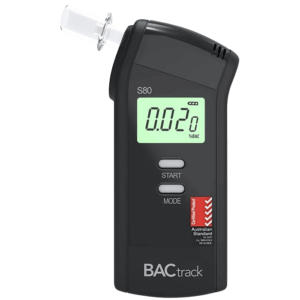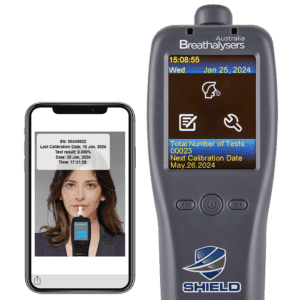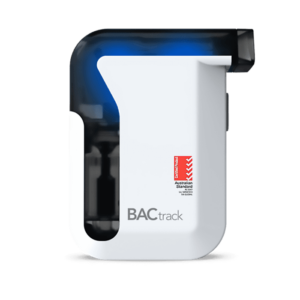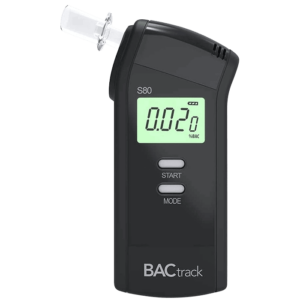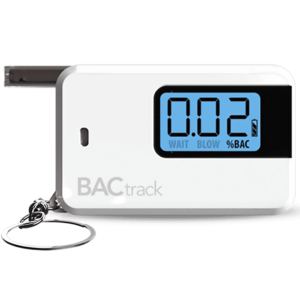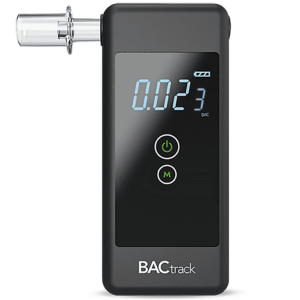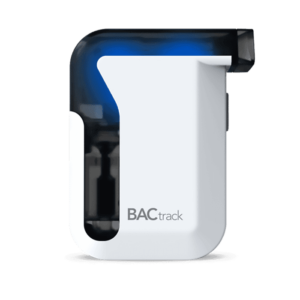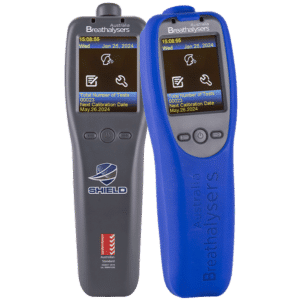Drug Test for Employment: Importance, Legal Considerations, and Types
15 February, 2024

Employers conduct drug tests for employment to screen employees or applicants for illicit drug use, which can impair their performance and jeopardise the safety of others. However, legal aspects do remain important legal considerations. This includes privacy rights, compliance with relevant laws, and obtaining proper consent from the individuals being tested. Regularly used types of drug tests include urine, saliva, and hair tests. Each type has its benefits and limitations.
Importance of Drug Tests for Employment
Drug tests for employment are important for several reasons. First, they play a critical role in ensuring the safety of everyone in the workplace. Individuals who are under the influence of drugs can present safety risks to themselves and others around them. By testing for illicit drug use, employers can minimise the likelihood of workplace accidents and injuries.
In addition, the tests can enhance work productivity. The effects of drugs can impact the ability of employees to perform their jobs effectively, resulting in a decrease in work quality. By conducting drug testing, business owners or companies can ensure that their employees are fit to work. This ultimately improves the overall productivity.
Moreover, the tests are necessary for legal compliance. Employers must ensure the safety of their employees as much as reasonably possible. As such, many companies form workplace policies to address substance misuse. Testing employees for drugs is one way for employers to fulfil their obligations and demonstrate their commitment to a safe workplace. It also helps in the hiring process by ensuring that new employees fit with the company rules.
Reasons to Conduct
- Random testing: tests conducted without prior notice. It helps deter employees from using illegal drugs since they cannot prepare for the test.
- Post-incident testing: screenings conducted after workplace accidents or near-misses. It helps determine if drug use contributed to the mishap.
- Reasonable suspicion testing: administered when there is evidence or reasonable grounds regarding the drug use of an employee.
- Pre-employment drug testing: a part of the hiring process. It ensures candidates are free from drug issues before joining the workforce.
- Blanket testing: this applies to all employees within a specified group or department. This is typically done at regular periods.

Legal Considerations Surrounding Drug Tests for Employment
To conduct drug tests for employment, companies must comply with the relevant laws. Each territory may have different employment laws regarding drug testing. Therefore, employers must ensure they are following the specific regulations for their region. Failure to comply with these regulations can result in legal consequences, including fines, lawsuits, and reputational damage.
Additionally, privacy rights are an important consideration. Employees have a right to privacy, and drug testing may infringe upon this right. Employers must conduct tests in a private area and only share the results with authorised individuals within the company. It is also essential to handle any collected data with utmost confidentiality.
Obtaining consent from employees is another crucial legal consideration. Before conducting workplace drug testing, employers must obtain informed written consent from the employee. This consent should clearly outline the purpose of the test, the type of test being conducted, and how the results will be used. Without proper consent, drug testing may be deemed as a violation of the rights of employees.
Developing a Comprehensive Workplace Policy
Having a clear and comprehensive drug policy in the workplace is essential for maintaining safety. Firstly, the policy should outline the illicit drugs prohibited on the company premises. Secondly, it is important to include a statement about compliance with local and federal laws. Thirdly, it should include the procedures for illicit drug testing.
Furthermore, clear consequences for violating the drug and alcohol testing policy should be in place. This may include disciplinary actions, including termination of employment. Also, companies may include information about resources like education programs and support services. This can motivate employees to learn more about drug abuse and seek help.

Types of Drug Tests for Employment
There are several types of drug tests for employment. The first type is urine testing. This is a widely used and commonly adopted method. The test can detect a wide range of illicit substances and prescription medications. Moreover, urine samples have an extended detection window of 72 hours or more.
The second type is saliva testing. This method is less invasive and offers prompt results. Saliva tests are capable of detecting drug use within a recent timeframe, typically within the past 12-48 hours. The collection procedure involves swabbing the oral cavity to obtain saliva samples and testing it using rapid screening devices or laboratory analysis.
The third type is the hair follicle drug test. It has the longest detection window of up to 90 days or more. The collection procedure includes obtaining a small sample of hair from the scalp and analysing it for the presence of drug metabolites. This method can help determine if a person has a substance use disorder due to its ability to provide historical data on drug use.
What Can Be Detected?
Drug testing can identify a broad spectrum of illicit and legal substances. The most commonly targeted substances include THC (marijuana), cocaine metabolites, amphetamines, and opioids. Opioids include heroin, codeine, and morphine. Additionally, certain tests may detect designer drugs, such as ecstasy and synthetic marijuana.
The test may also detect ethanol, benzodiazepines, barbiturates, and phencyclidine (PCP). It is essential to review the specifications of a particular screening device. This is because certain devices may not be able to detect certain drugs. For instance, the number of panels in urine drug testing kits will determine how many substances it is capable of identifying.
Conclusion
In conclusion, drug tests for employment are vital for ensuring workplace safety, enhancing productivity, and complying with legal requirements. Employers must navigate the legal considerations surrounding drug testing, including national laws, privacy rights, and obtaining employee consent. Failing to adhere to these can lead to legal consequences and reputational damage. Therefore, companies must prioritise proper procedures and transparency to maintain a safe and compliant work environment.
Developing a workplace drug policy involves clearly outlining prohibited substances, compliance with laws, testing procedures, and consequences for violations while ensuring confidentiality. Various drug testing methods, including urine, saliva, and hair follicle tests, offer different detection windows and levels of invasiveness. These tests can identify a range of substances, including THC, cocaine, opioids, and designer drugs. By implementing an effective policy and testing regimen, employers can mitigate risks associated with substance use or abuse.



















